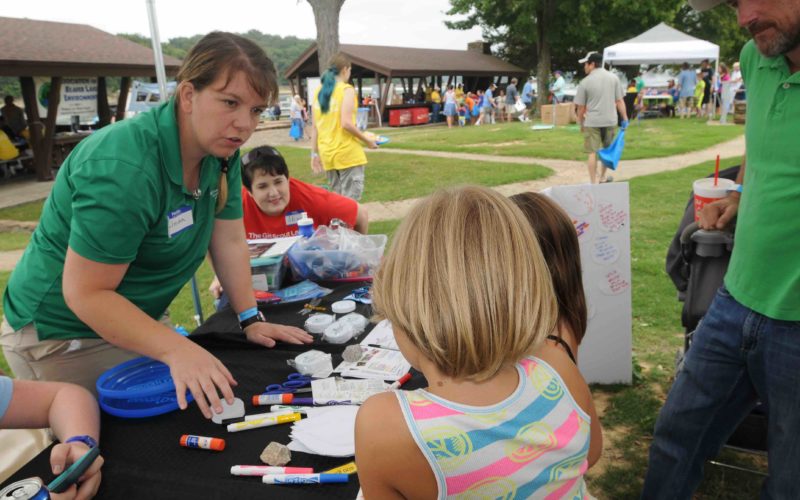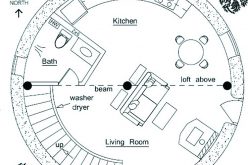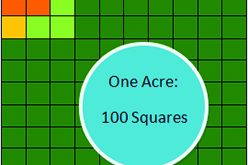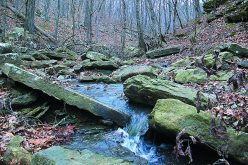Water quality can be issue for people anywhere
AMANDA BANCROFT
Making Ripples
The news of the water contamination in Flint, Mich., and other locations in recent years is enough to make anyone question the safety of their drinking water, almost regardless of circumstances. City water can’t always be trusted, especially during boil orders. Water from a well is typically tested regularly for contamination. Very old houses often have pipes that could leach substances into the otherwise clean water.
But living off-grid puts the water quality responsibility directly upon the shoulders of the homeowner.
There are many ways to test one’s tap water for contamination. You could send a sample to a local lab, or buy a test kit online or at a hardware store. Even Walmart carries various kits. These kits usually have strips for one time or multiple uses and can test for just one or many possible contaminants: pesticides, lead, chlorine, nitrates and more. Some test the pH of the water, others test for “hardness” or “softness,” which is indicative of the mineral concentration in your water.
For example, at the time of this writing, MyTapScore.com is offering a comprehensive test kit for well water starting at $134. This tests for general chemistry, hardness and alkalinity, toxic and heavy metals, nitrate and nitrite, coliform and E.coli bacterias. Be aware that some companies and kits test for one type of bacteria but not all, so it’s good to have some idea of what you suspect may be present in your water to ensure you buy the right test. Tap Score requires you to send away samples and wait to receive results, but also tests for contaminants beyond what the EPA requires (such as recently introduced pharmaceutical compounds), depending on which level of testing you purchase.
Amazon sells a First Alert drinking water test kit for $10, and this tests for bacteria, lead, pesticides, nitrates/nitrites, chlorine, pH and hardness. One of the benefits of a home-based kit is that you can see results immediately or within about 48 hours for some tests, rather than waiting a few weeks to receive results from a lab. However, tests vary in user-friendliness, and results can be difficult to clearly interpret. Reading customer reviews may help you decide which option is right for your water.
You can download a submission form and instructions at Arkansas-Water-Center.uark.edu. They charge a $5 processing fee plus individual costs per type of test. For example, $8 for pH, but $18 for total coliform (E. coli) bacteria testing. Results typically arrive within two weeks. For more information, call the Arkansas Water Quality Lab at 502-9843. It’s worth noting that some places, like New York City, offer free testing for residents.
Regardless of which method you choose, hopefully your results will be positive. Safe drinking water is a human right. Sadly, there are still people in Arkansas who lack running water in their homes, and for many who have it, their water is contaminated. Be a part of the solution by minimizing runoff and erosion, don’t flush pills down a toilet, dispose of hazardous waste properly, and keep our drinking water sources clean.
Amanda Bancroft is a writer, artist, and naturalist living in an off-grid tiny house on Kessler Mountain. She and her husband Ryan blog about their adventures and offer tips to those wanting to make a difference at www.MakeRipples.org.










